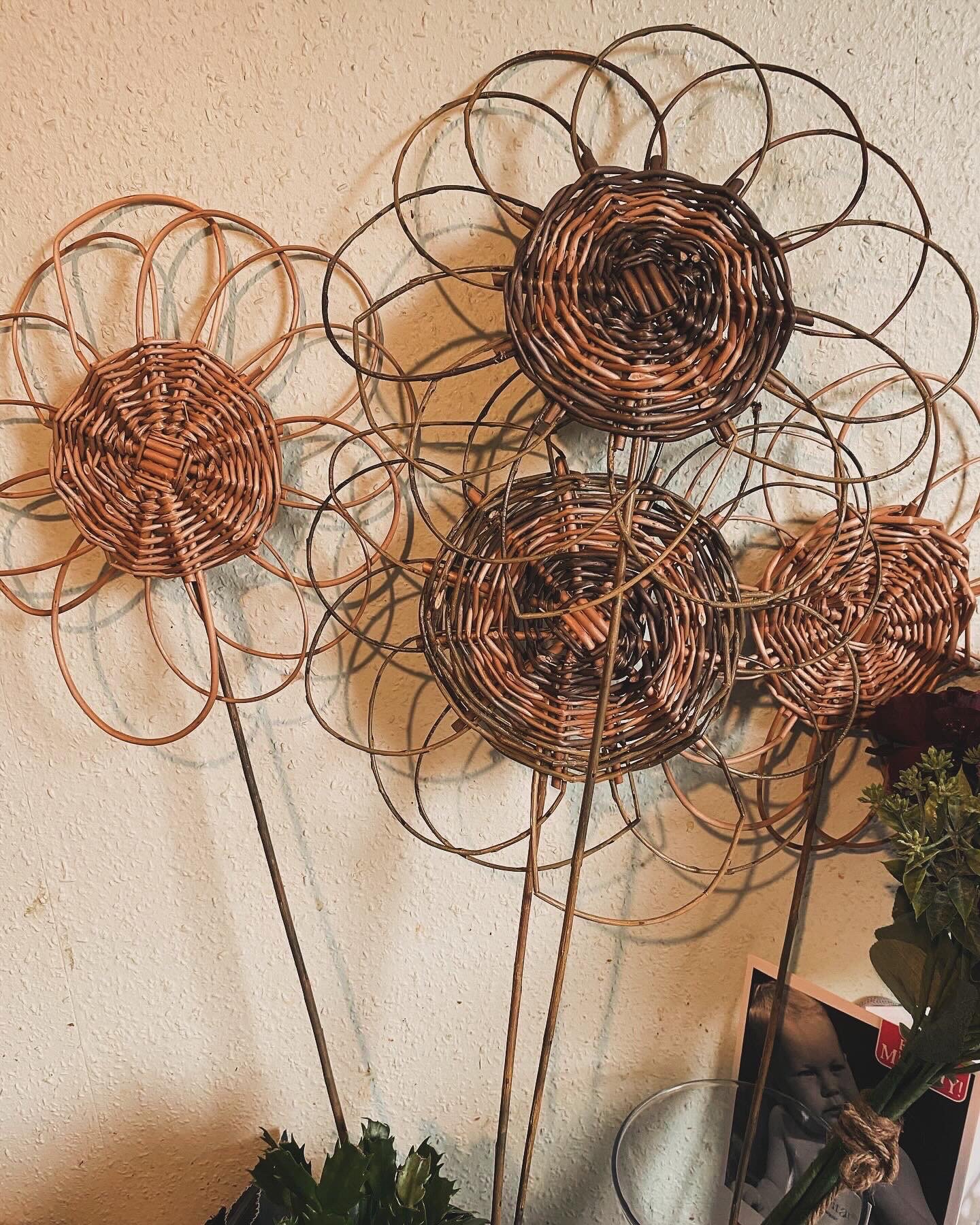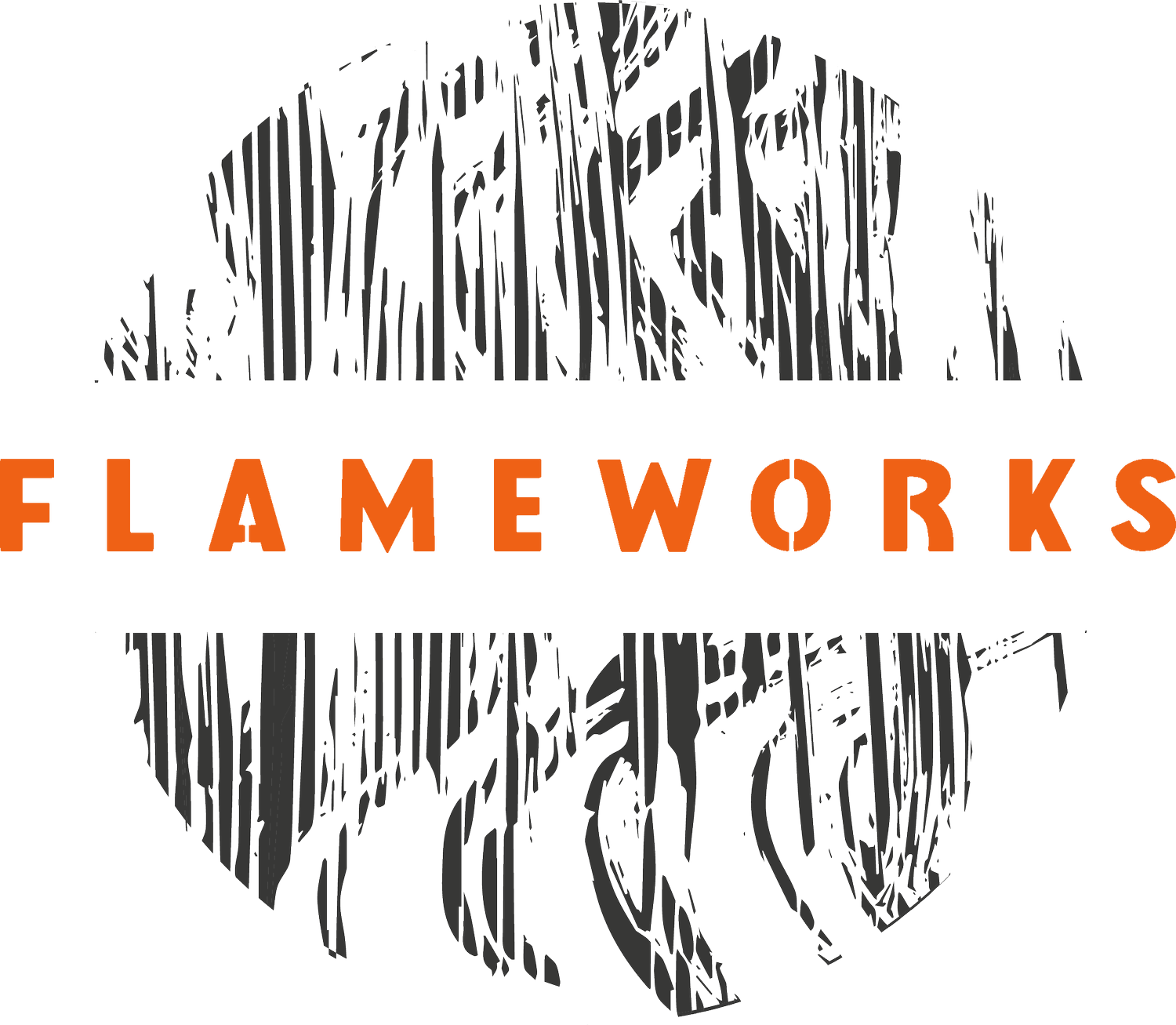Foraged plant material, cordage and looped bag making workshop
With Angie Wickenden
Saturday Sept 28th and Saturday October 5th 10.30am - 4.30pm
This course needs a minimum of 4 people.
Come and forage, then learn to use the plants you’ve collected to make string/cordage and a structured looped bag which will double up as a string bag.
Cordage making is one of the oldest human technologies. The oldest known (excavated) European worked fibres was 8K-9K years ago. Not only this, but Indigenous communities, such as Native Australians have practised these crafts , probably since they arrived in Australia , 50K years ago.
On the first Saturday, We will use nettle as our basic fibre, learning how to process the nettle and other seasonal fibres into various grades of fibre. Then we will spend the rest of the day learning how to make nettle cordage. I will expect you to collect and process your own nettle Fibre in the intervening week.
The second Saturday, we will start to make our looped bags.
You will never look at string in the same way again and you may never have to buy string again. Not only will you never look at a ball of string the same way again, you will start to see possibilities of plant materials around your local areas. This is a walking practice from your front door. It’s also a very seasonal practice so it ties you into your own landscape and into the seasons of the year. You will also start to see possibilities of how to face the climate crisis through this foraging practice and the making of sustainable material culture.
My own practice originates in experimental archaeology where I was making cordage for local cord impressed Bronze Age pots known as Trevisker Ware for an episode of Time Team. I’m currently working on a combination of a cordage looped bag and a local Neolithic bowl , the Hembury bowl, which is in the Royal Albert Memorial Museum, Exeter.
Making looped bags is very much like knitting. It’s a slow technology, which has a meditative and mindful aspect. And once learned, can lead to making sustainable material culture/objects.
Course Fee: £175.00.
On a practical note, please bring your lunch. Tea coffee, biscuits and (gluten free) cake will be provided. Please inform us of any allergies or any special dietary needs before the event.
Please look in the Discussion area for more images. Or look on Angie Wickenden Ceramics on Facebook or Instagra
Willow sunflower Workshop
With Angie Wickenden
Come and make one of these gorgeous willow sunflowers. The centre of the sunflower is the traditional slathe, stake and strand basket base so you’ll be developing your basketry skills .
There will be 5 places on this workshop.
This workshop is initially hard work as the basic skill of pairing weave is a complicated series of moves. But given constant repetition can be mastered in the time given for the workshop.
Willow weaving can be tough on your hands but because willow is a semi- resistant material, the act of weaving willow is like a passive exercise. So good for overall health and well-being.
It is advisable to either bring a work apron or to wear old clothes as soaked willow can sometimes be a little messy.
Please wear sensible footwear (no open-toed sandals).
£45.00 per person, including tuition, tools and materials, tea, coffee and cake. Please bring your own lunch.
Book Below:

